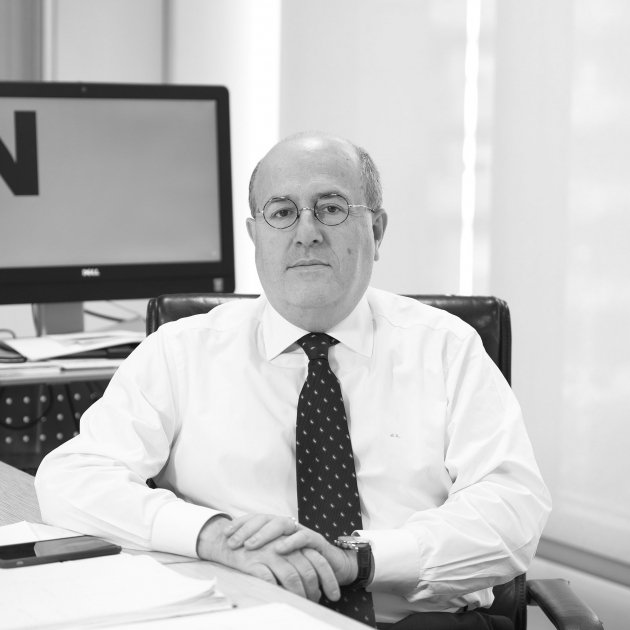The former minister José Manuel García-Margallo says that the Spanish state won't hand over its offices in Catalonia, nor lower its flag and that, whatever happens, it won't leave peacefully. At almost the same time, the businessperson Oriol Soler, who played a key role in the holding of the 1st October referendum in what could be called the civil committee and which some have branded "high command", was revealing that, in the days and weeks running up to the declaration of independence on 27th October last year, the first anniversary of which is coming up this Saturday, the word "violence" in its most serious form was the one most frequently heard around the Catalan government palace. "Following the 1st October, the Spanish state has been showing us that, if we continue, they'll kill us; we also received reports that they were coming for us," he told Jordi Basté.
Today, neither Margallo nor his PP party are in charge in Spain. Oriol Soler has returned to his normal job, overcoming no small number of obstacles since El País and the police forces have targeted him after he met with Julian Assange in the Ecuadorian embassy in London, something that's never good for an entrepreneur. For that reason, his statements, one year on, are very revealing when it comes to the hidden details of those days. Twelve months later, we know that many things either weren't done, or weren't well-prepared. That what president Torra calls, thinking about the future, finding "the momentum" was a year ago between 1st and 3rd October and that the further away those days are, the lower the chances the independence movement has of winning the match.
But we also know that the Spanish state wasn't going to leave peacefully and that it was prepared to spill blood to achieve its objectives. The police violence of 1st October in front of the polling stations gave very important international leverage for worldwide public opinion to see how the Spanish state behaved towards a portion of its population which simply wanted to vote. But whilst members of the public withstood with their bodies the violence from the police sent specially to Catalonia by the interior ministry, in the offices, awareness was dawning that the level of violence would only grow. And on the 27th, with the declaration of independence, nobody wanted to assume responsibility for unleashing uncontrolled violence. Now, it's a year later, and many truths have been avoided, mistrust has grown and there's no joint strategy within the independence movement. But it's also true that the game's not over yet.
